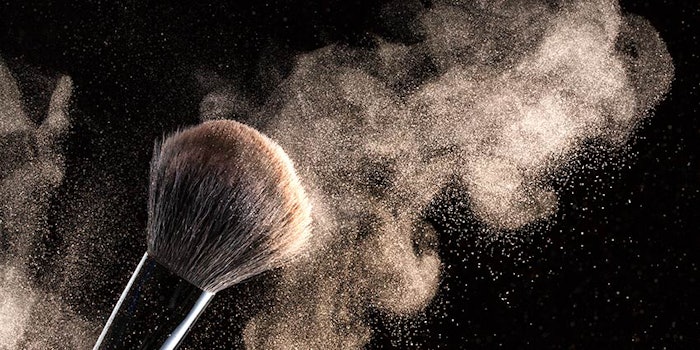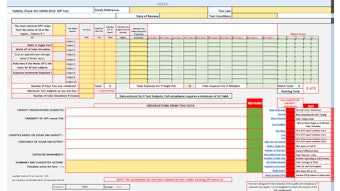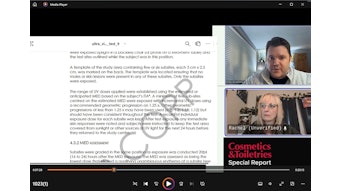
Exposure to talc powder may negatively impact health and increase potential risk of cancer and lung effects, according to a new Health Canada draft screening assessment. If the upcoming final assessment finds that the ingredient is indeed harmful to health, the Canadian government has recommended that it be added to the country's Cosmetic Ingredient Hotlist.
“Given that there is potential for perineal exposure to talc from the use of various self-care products ... a potential concern for human health has been identified,” states the preliminary assessment, citing research.
Potential effects of inhaling loose talc powder include coughing, trouble breathing, decreased lung function and fibrosis, according to the assessment. Meanwhile, exposure of talc-containing products to the genital area may reportedly cause ovarian cancer.
Products affected by the assessment include:
- Cosmetics, natural health products and nonprescription drugs containing talc as a loose powder; and
- Products used in the perineal region, such body and baby powder, diaper and rash creams, genital antiperspirant and deodorants, body wipes and bath bombs.
Notably, pressed powders and cosmetic talc products that do not generate a dust cloud are not a concern for lung effects in the alert. Oral and dermal talc exposures were also not flagged as a risk.
Talc and its potential effects are familiar to consumers after high-profile lawsuits regarding the ingredient, including a recent suit in which Johnson & Johnson was ordered to pay nearly $4.7 billion to 22 women who claimed that asbestos in the company’s talcum powder contributed to their ovarian cancer.
Talc is present in approximately 8,500 self care products and 6,500 cosmetic products in Canada, according to the assessment. The country plans to publish its final screening assessment report in winter 2020, upon which time the future of these talc-containing formulations will likely be addressed.
Healthcare professionals have been invited to comment on the draft screening assessment during a 60-day public comment period ending Feb. 6, 2019. Health Canada recommends those concerned check product labels for talc and choose talc-free alternatives, along with keeping baby powder away from children's faces and avoiding inhaling loose talc powders and female genital exposure to talc-containing products.
The draft screening assessment was published on Dec. 5, 2018. For more information, visit healthycanadians.gc.ca.










